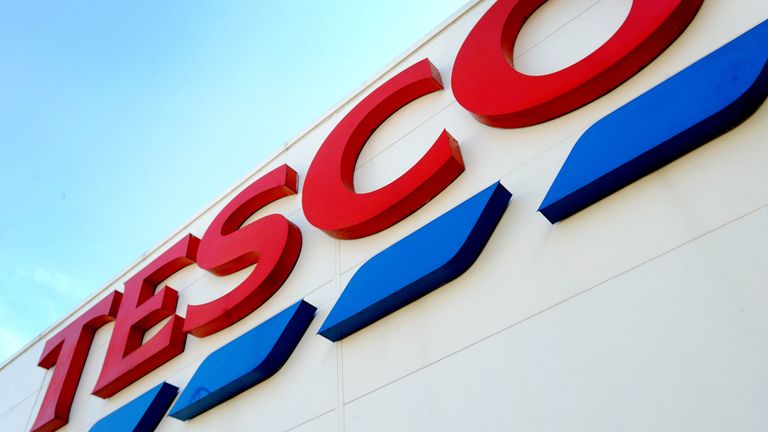A sharp fall in demand for groceries, as pubs and restaurants reopened to indoor customers, has driven a decline in retail sales volumes.
The Office for National Statistics charted a surprise 1.4% fall in retail sales between April and May.
Economists had predicted growth of 1.6% on the back of a 9% surge the previous month following an easing of COVID-19 restrictions that released pent-up demand for goods on the high street.
The fall in grocery volumes was backed up by separate figures from Tesco, the UK’s largest supermarket chain, which noted a decline in sales for meals at home during April and May in its first quarter results statement.
The retailer, which like its rivals has been among those shielded from pandemic sales pain, still reported like-for-like UK sales growth of 0.5% over the period against the tough comparison of the same three months to May in 2020.
Commenting on the wider performance for the retail sector as a whole, ONS director of economic statistics, Darren Morgan, said: “
“Following a sharp increase last month coinciding with post-lockdown reopening, retail sales dipped slightly in May.
“However, they remain well above both their pre-pandemic levels and those seen in March before shops reopened.
“Food stores sales suffered as feedback suggested the reopening of hospitality meant consumers took advantage of eating out instead.
“Household goods stores and garden centres fared well as people spent money on improving their gardens in anticipation of the summer and the lifting of restrictions on outdoor gatherings.
“As customers returned to physical stores, online sales fell in May for the third consecutive month, but remain nearly 60% higher than the level seen in February 2020.”
In Tesco’s case, it reported revenue of £12.4bn – a rise of 1.3% on a like-for-like basis compared to the first quarter last year – and said it represented growth of 8.7% by the same measure on March-May 2019.
It reported a rising contribution from its Booker wholesale operation – thanks to hospitality reopening – and said a sales decline in Ireland reflected a strong comparison with a year ago as the country entered lockdown rather than any Brexit-related hit.
Chief executive Ken Murphy told investors: “Our profit guidance from April remains unchanged.
“While the market outlook remains uncertain, I’m pleased with the strong start we’ve made to the year and continue to be excited about the many opportunities we have to create value over the longer term.”
A note to clients by Jefferies Equity Research said of the performance: “Resilient UK industry grocery sales and notable improvements at Booker have helped Tesco enjoy two-year stacked sales growth accelerating from the already strong levels seen at the end of 20/21.
“Despite the lack of formal guidance upgrade in this sales update, the upbeat start to the year suggests that guide for 21/22 retail profits similar to 19/20 could be bettered as the year progresses.”


